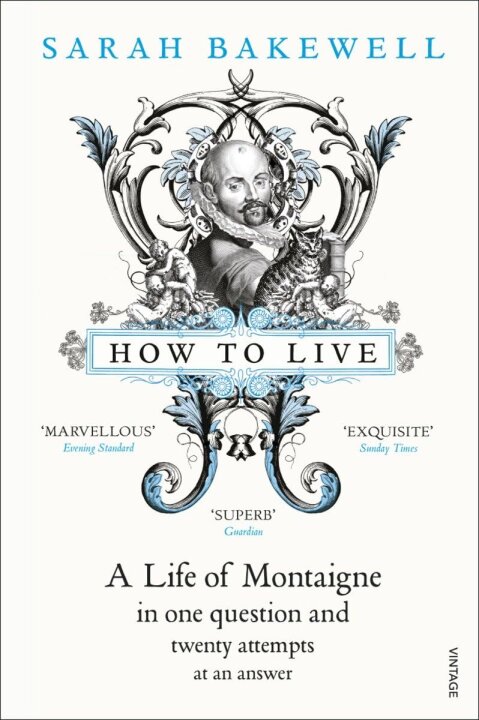Book to share - July 2024
On my country's national holiday I like to offer the following book. On its sleeve one can read that this is the first full biography of Michel de Montaigne in English for nearly fifty years and it relates the story of his life by way of the questions he posed and the answers he explored.
How does one live ones life? This question obsessed the 16th Century French Catholic Michel de Montaigne, who wrote free-roaming explorations of thought and experiences, unlike anything written beforehand. Into these so-called essays he put down whatever was in his head: his tastes in wine and food, his childhood memories, the way his dog's ears twitched when it was dreaming, events in the appalling civil wars raging around him.
Montaigne's Essays were an instant bestseller, and over four hundred years later, readers still come to him in search of companionship, wisdom and entertainment - and in search of themselves. Read this book and experience why. This book needs to be in every public library.
How does one live ones life? This question obsessed the 16th Century French Catholic Michel de Montaigne, who wrote free-roaming explorations of thought and experiences, unlike anything written beforehand. Into these so-called essays he put down whatever was in his head: his tastes in wine and food, his childhood memories, the way his dog's ears twitched when it was dreaming, events in the appalling civil wars raging around him.
Montaigne's Essays were an instant bestseller, and over four hundred years later, readers still come to him in search of companionship, wisdom and entertainment - and in search of themselves. Read this book and experience why. This book needs to be in every public library.






